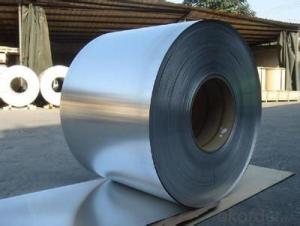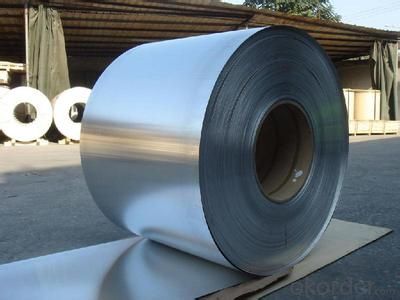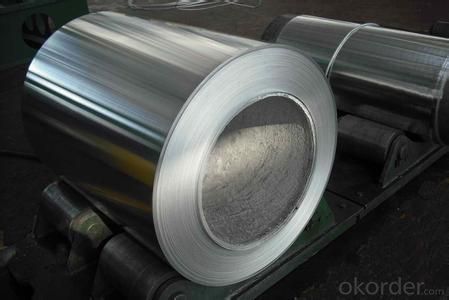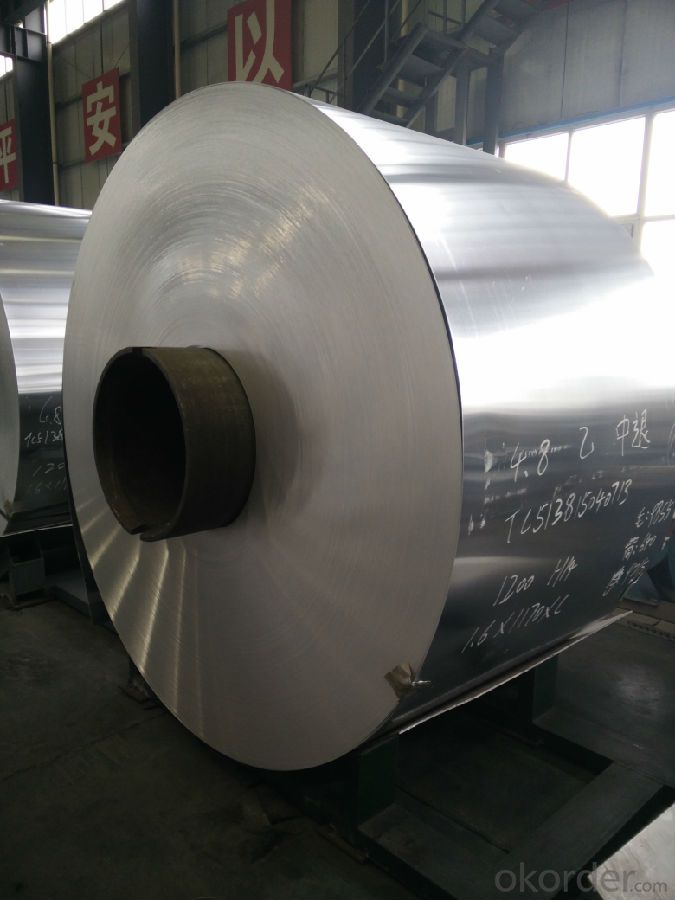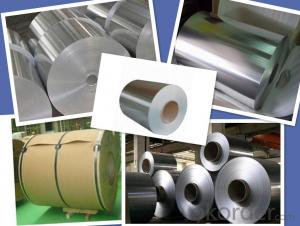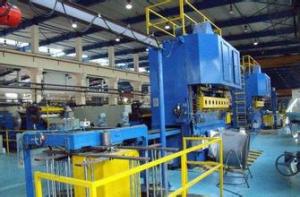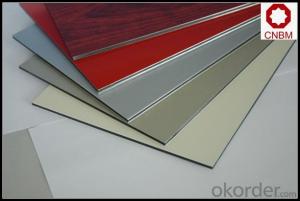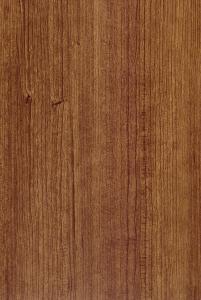Alsco Aluminum Coil - Low Price for Sale in China
- Loading Port:
- Shanghai
- Payment Terms:
- TT OR LC
- Min Order Qty:
- 5 m.t.
- Supply Capability:
- 100000 m.t./month
OKorder Service Pledge
OKorder Financial Service
You Might Also Like
1.Structure of Low Price for Sale, Aluminum Coil In China:
Low Price for Sale, Aluminum Coil In Chinais designed for many field such as electronics, instruments, lighting decoration, packing industry, and house decoration, curtain wall, honeycomb-core panel, sandwich panel, aluminum composite panel, aluminum composite pipe etc.. Low Price for Sale, Aluminum Coil In Chinais hard and everlasting under the blazing sun. You can choose the alloys as your habitation and we will do our best to meet your requests.
2.Main Features of theLow Price for Sale, Aluminum Coil In China:
• Smooth surface
• High manufacturing accuracy
• High strength of extension and yield
• Well packaged
3. Low Price for Sale, Aluminum Coil In China
Alloy: 1050, 1060, 1070, 1100, 3003, 3004, 3005, 3105, 5052, 5083, 5754, 8011, 8006
Temper: H14, H16, H18, H22, H24, H26, H32, O/F
Thickness: 0.2mm-100mm
Width: 30mm-1700mm
4. Production of Low Price for Sale, Aluminum Coil In China
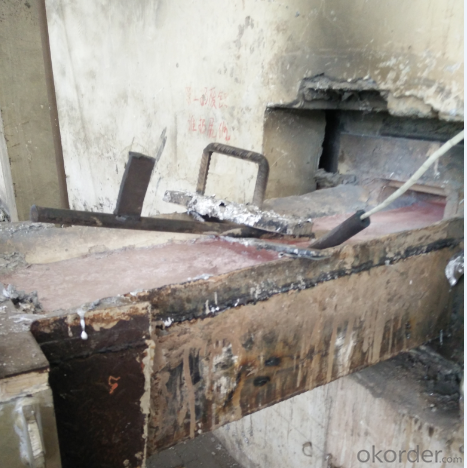
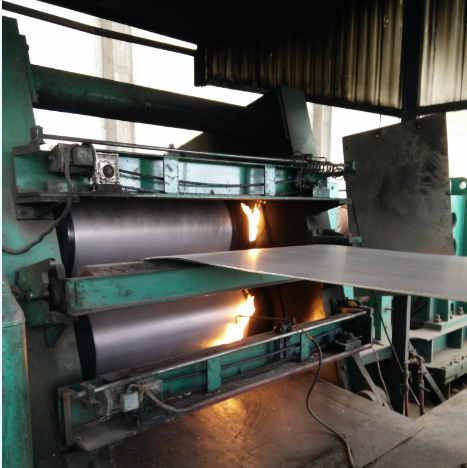
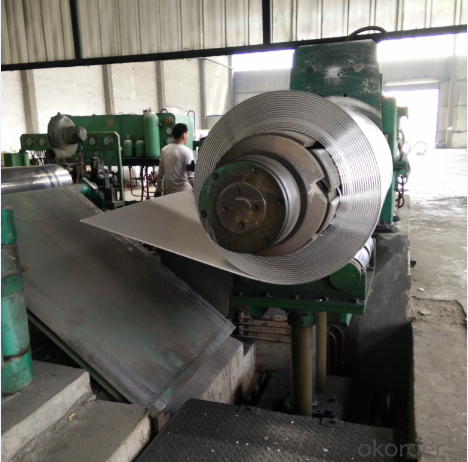
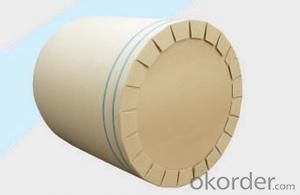
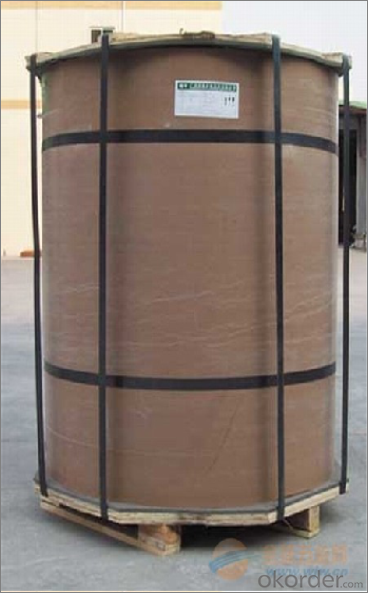
5.FAQ
We have organized several common questions for our clients,may help you sincerely:
① How about your company?
A world class manufacturer & supplier of aluminum coil and alloy blanks. Aluminum production base is comprised of 18 aluminum annealers, 10 coil and foil mills, 4 continuous production lines, 2 hot rolling production line and 3 prepainted lines.
Export 5000 tons per month to Asia, America and Middle East. Always do the best for our clients.
②Can you guarantee the quality of the products?
We are responsible for the quality of materials to get a long-term cooperation with clients in a reasonable period of time and we are glad to arrange and coordinate any third party inspection for you.
③What is the delivery time after purchase?
35 day after receiving client’s deposit or correct LC
- Q: What are the potential applications of coil-anodized aluminum coils?
- Coil-anodized aluminum coils have a wide range of potential applications due to their durability, versatility, and aesthetic appeal. Some of the common applications include architectural cladding, roofing, signage, facade panels, interior decoration, automotive trim, and electronics casings. The anodized coating provides enhanced corrosion resistance, weatherability, and color stability, making it suitable for both indoor and outdoor use. Additionally, the ability to create various finishes and textures further expands the possibilities for using coil-anodized aluminum coils in different industries.
- Q: How to calculate the wall thickness with the gross weight of aluminum coil known?
- Gross weight*density=volume volume÷(aluminum sheet *width)=thickness
- Q: Its got probably 330 horses right now with aluminum heads what do you think it be approx.
- The material is not what establishes the performance. It is the shape, design, and volume of air flow through the ports. Editorial: If this persuit is all about the hobby--- have fun. Don't expect to make your money back on this car if you ever sell it though. In fact such modifications may reduce resale value. Editorial ended. Aluminum is easier to machine than cast iron and this is the biggest reason you find some high-performance heads in aluminum. A completely special designed part can be more easily machined, even from solid aluminum billet. Cast iron usually requires compromise in terms of being able to actually cast the raw part itself with roughed out shape in the sand mold. Even then if aluminum is sand-cast it is still easier to machine and clean up-- especially for low volume production. So you see many high-perf heads are aluminum. Its not the aluminum that does the job--- it is the design itself. Aluminum has better thermal conductivity for cooling, but that is not always an advantage when matching up to a cast iron block. It is a side consideration-- the shape of the combustion chamber and valve position and ports is what gets it done. Some engine makes have very good cast-iron performance heads that are factory proven and usually less trouble (like leaking head gaskets and all) than similar aluminum heads. Depending upon the make of engine you are working with, there are books, parts lists, and so on for various build-ups for performance. They list part numbers, advantages and disadvantages and so forth. Do a search on-line and it will be worth it to have the reference in hand. Summit Racing might be one place to start. If you have a particular part in mind, you can find the original specs from the manufacturer with some guidance to compare to their other parts and what are the advantages-disadvantages.
- Q: How do aluminum coils contribute to the corrosion resistance of products?
- Aluminum coils contribute to the corrosion resistance of products in several ways. Firstly, aluminum itself is a highly corrosion-resistant material due to its natural oxide layer that forms on its surface when exposed to oxygen. This oxide layer acts as a protective barrier, preventing further oxidation and corrosion. When aluminum is formed into coils, it offers additional advantages for corrosion resistance. The coil form allows for a more uniform distribution of the material, ensuring that the protective oxide layer covers the entire surface area of the product. This helps to prevent localized corrosion and ensures a more consistent level of corrosion resistance across the entire product. Moreover, aluminum coils can also be coated with various protective coatings or treatments to enhance their corrosion resistance further. These coatings can provide an additional layer of protection against environmental factors such as moisture, chemicals, and UV radiation, which can accelerate corrosion. Additionally, aluminum coils are often used in combination with other materials in products, such as galvanized steel or stainless steel. These combinations, known as bimetallic or trimetallic products, take advantage of the different properties of each material to enhance corrosion resistance. For example, the aluminum layer can act as a sacrificial anode, corroding preferentially to protect the underlying material from corrosion. In summary, aluminum coils contribute to the corrosion resistance of products due to the inherent corrosion resistance of aluminum, the uniform distribution of the material in coil form, the possibility of applying protective coatings, and the use of bimetallic or trimetallic combinations. These factors help to ensure that products made with aluminum coils have a longer lifespan and are better protected against corrosion in various environments.
- Q: How are aluminum coils used in the production of air ducts?
- Due to its unique properties and benefits, aluminum coils find extensive use in the manufacturing of air ducts. Firstly, aluminum's lightweight nature makes it convenient to handle and install during the duct manufacturing process, thereby reducing the overall weight of the air duct system and facilitating easier transportation and installation. Secondly, aluminum coils possess high resistance to corrosion, which is particularly crucial for air ducts that are constantly exposed to moisture and various environmental factors. This resistance ensures that the air ducts maintain their structural integrity and longevity, reducing the need for frequent maintenance and replacement, thereby minimizing costs. Furthermore, aluminum coils exhibit excellent thermal conductivity, enabling air ducts to efficiently transfer air at the desired temperature. This promotes enhanced energy efficiency and reduced energy consumption. The even distribution of temperature throughout the air ducts also contributes to maintaining a comfortable indoor environment and reducing the workload on HVAC systems. Additionally, the malleability of aluminum coils allows them to be easily shaped and customized to fit specific requirements. This flexibility in design facilitates better utilization of available space and seamless integration into different building structures. Lastly, aluminum is a sustainable material that can be recycled multiple times without losing its properties. This makes it an environmentally friendly choice for air duct production, reducing the environmental impact associated with manufacturing processes. In summary, aluminum coils are essential in the production of air ducts due to their lightweight, corrosion-resistant, thermally conductive, customizable, and sustainable characteristics. These properties contribute to the efficient functioning of HVAC systems, energy savings, and environmental sustainability in the construction industry.
- Q: Can aluminum coils be formed or shaped?
- Certainly, aluminum coils have the capability to undergo formation and shaping. Aluminum, being an extremely pliable metal, can effortlessly be molded or bent into diverse configurations without experiencing any fractures or breaks. Aluminum coils frequently find usage in numerous applications including the production of heat exchangers, condenser coils, evaporator coils, and air conditioning systems. These coils can be transformed into various structures such as flat sheets, tubes, or finned coils, catering to the specific demands of the intended purpose. The adaptability and formability of aluminum coils render them exceptionally versatile and extensively employed across multiple industries.
- Q: What is the typical yield strength of aluminum coils?
- The typical yield strength of aluminum coils can vary depending on the specific alloy and temper used. However, for many common aluminum alloys, the yield strength typically ranges from 15,000 psi to 40,000 psi (100 MPa to 275 MPa). It is important to note that this is a general range, and there can be variations within different aluminum coil products. Additionally, the yield strength can also be influenced by factors such as the thickness and processing conditions of the coil.
- Q: Can aluminum coils be used in solar energy systems?
- Certainly, solar energy systems can utilize aluminum coils. Aluminum is widely employed in the fabrication of solar panels and solar energy systems owing to its remarkable qualities. Lightweight, durable, and possessing excellent thermal conductivity, aluminum coils are perfect for dispersing heat away from solar cells. Moreover, aluminum's resistance to corrosion is essential for outdoor deployments, where solar panels face diverse weather conditions. By incorporating aluminum coils into solar energy systems, the efficiency and lifespan of the panels are enhanced, thus augmenting the efficacy and sustainability of solar energy generation.
- Q: Is it possible to use aluminum coils in the construction of a solar charger or battery pack?
- <p>While aluminum coils can be used in various electrical applications due to their conductivity, they are not typically used in solar chargers or battery packs. Solar chargers and battery packs usually require materials with higher conductivity and specific properties for efficient energy transfer and storage. Copper is more commonly used for wiring in these devices due to its superior conductivity compared to aluminum. Aluminum may not provide the necessary efficiency and could lead to energy loss. For the best performance in solar chargers and battery packs, it's recommended to use materials specifically designed for these applications, such as high-quality copper wiring and appropriate battery cells.</p>
- Q: Are aluminum coils suitable for thermal insulation?
- No, aluminum coils are not suitable for thermal insulation.
Send your message to us
Alsco Aluminum Coil - Low Price for Sale in China
- Loading Port:
- Shanghai
- Payment Terms:
- TT OR LC
- Min Order Qty:
- 5 m.t.
- Supply Capability:
- 100000 m.t./month
OKorder Service Pledge
OKorder Financial Service
Similar products
Hot products
Hot Searches
Related keywords
